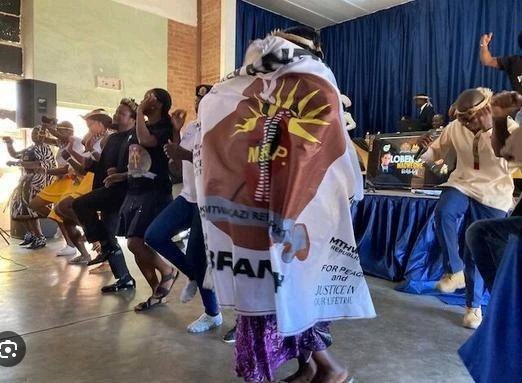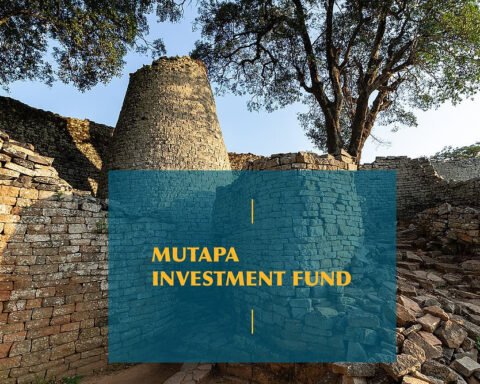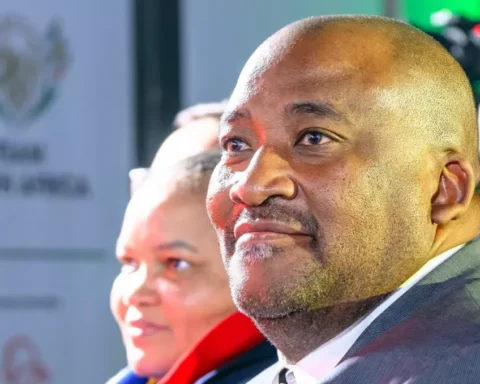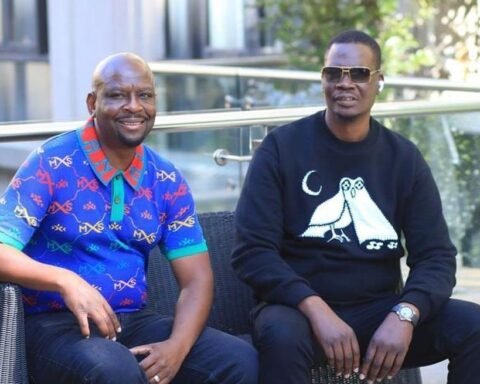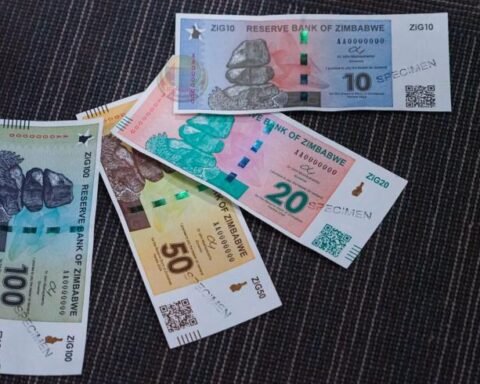In a significant development for Zimbabwe’s political landscape, the Mthwakazi Republic Party (MRP) announced on Tuesday the release of several of its members who had been incarcerated following a 2022 protest. The release underscores ongoing tensions and the complex interplay of political freedoms and state power in the nation.
According to MRP Spokesperson Mbonisi Gumbo, two key members, identified as Mongameli Mlotshwa and Welcome Moyo, along with seven others, had previously been sentenced to 36 and 33 months in prison, respectively, by Bulawayo Magistrate Tavengwa Sangster. The sentences were the outcome of their participation in a protest at the Bulawayo Central Police Station, demanding the release of MRP President Mqondisi Moyo after his home was raided by authorities.
The protest, which took place in March 2022, was a pivotal moment for the MRP, a party advocating for greater autonomy and rights for the Ndebele people in Zimbabwe’s Matabeleland region. The arrests and subsequent jailing of its members highlighted the fraught relationship between Zimbabwean authorities and political activists.
Gumbo revealed that the release occurred early Tuesday morning, with two female members, Sibongile Bhanda and Busi Moyo, being freed from Khami Prison. “This morning, Comrade Mudenda Chilumbo, our National Interim Chairperson, led the team to Khami Maximum Prison for their release. Meanwhile, another team is in Harare to welcome four comrades who are also being released today,” Gumbo stated.
The release of the MRP members follows a series of legal challenges and international calls for greater political freedom in Zimbabwe, a country with a history of electoral controversy and accusations of suppressing opposition voices. The MRP has been at the forefront of advocating for the rights of the minority Ndebele-speaking population, often finding its members in conflict with national authorities over issues of decentralization and cultural recognition.
This latest development is viewed by many as a potential signal of shifting dynamics within Zimbabwe’s political landscape, especially in the lead-up to future electoral processes. It also highlights the ongoing debate surrounding freedom of expression and the right to protest in Zimbabwe, a country still navigating its path through complex political and social challenges.
Reuters reached out to the Zimbabwean government for comment but has not received a response at the time of publication.
The MRP’s announcement comes amid a broader context of political activism and government opposition in southern Africa, with Zimbabwe often cited as a critical case study in discussions about democracy and human rights on the continent.
